Kia ora friends. Welcome to the second edition of The Call. You can read the first one here. Basically The Call is a response to the question ‘what can I do to help?’ ‘Can I donate somewhere?’ and ‘I want to do something, where do I start?’
The Call is a newsletter within a newsletter. It is a call to action. It’s a round-up of the current issues and causes our communities are facing. And it hopefully allows you to easily be involved in service to your community through sharing information, raising awareness, signing petitions, donating, volunteering, submitting to select committees, writing to MPs and protesting (virtually for now). You can be as involved as you wish. The Call simply outlines what people in the community are facing and what they need. You decide what you can provide.
Just like the last edition, I’ll outline what the issue or cause is, where you can read more about it, and what you can do to help.
What is happening?
SibCamps are a chance for the siblings of disabled children and medically fragile children to have a fun weekend away that is just for them. While there they get to establish their own support networks by making friends with other siblings who they can relate to. SibCamps also offers the chance to open up about what it’s like having a disabled brother or sister, and to learn new strategies to help siblings thrive in their own unique family and whānau environment.
Where can I read more?
Watch a video about what it’s like being the sibling to a disabled child or medically fragile child in their own words.
What can I do to help?
You can donate to the annual fundraiser for SibCamps in two ways - either buy an item through their Good Sell page or list an item.
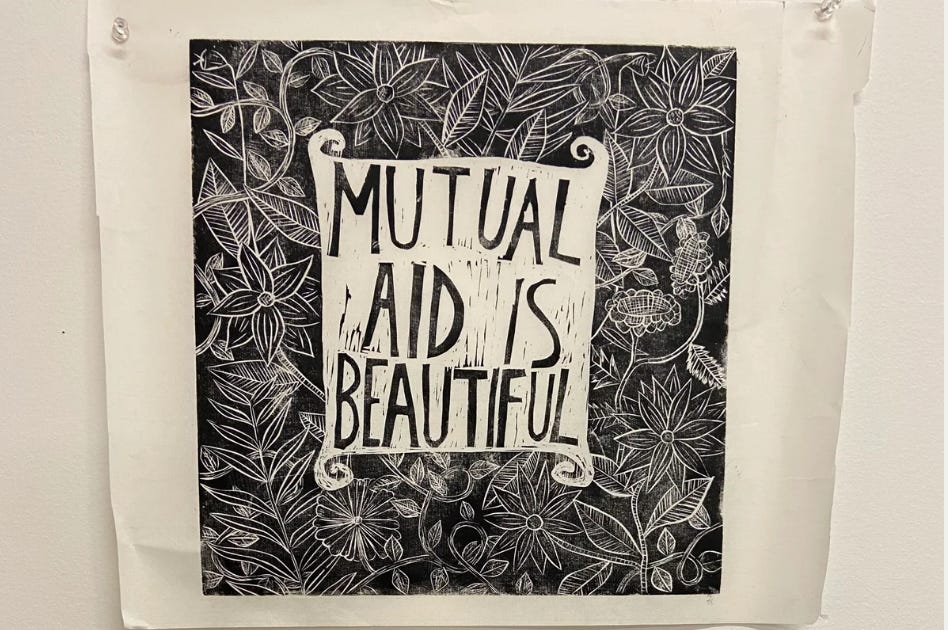
What is happening?
For the thousands of New Zealanders living with Tourette Syndrome, everyday tasks can be a huge challenge. Imagine not being able to walk unassisted, cook a meal safely or attend school or work. This means most have a lack of independence and the physical debilitations can lead to a decline in mental health. Tourette Syndrome isn’t currently recognised as a disability by the Ministry of Health, which means that those who need support aren’t getting it. So Tourettes Aotearoa are trying to change that - they want people with Tourette Syndrome to be able to access disability services.
Where can I read more?
Watch this video about the amazing “Camp Twitch” for kids with Tourette Syndrome.
Read frequently asked questions about Tourette Syndrome
What can I do to help?
You can sign the petition calling on the Ministry of Health to recognise Tourette Syndrome as a disability for the purpose of ministry-funded support services. You can also donate to Tourette’s Aotearoa who fill the gap in supporting kids and their families.
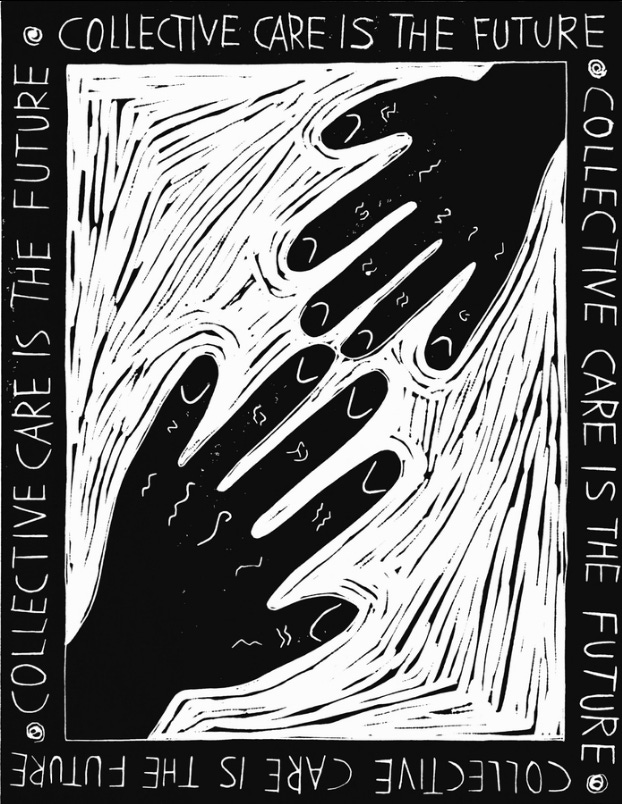
What is happening?
Lockdown last year and again this year has revealed a “digital divide”. Many children cannot learn from home because they do not have access to a device or computer. The Ministry of Education has said the number of students in years 9-13 (and above) who needed a device is between 7000 and 8000.
DigiTautua supports Pacific and Maori students to purchase new and refurbished devices as well as collecting donated laptops and distributing these to the students that need them.
DigiTautua is the brainchild of Eteroa Lafele and is a response to the need expressed by her Pacifica Community as a result of the COVID19 lockdowns and the educational inequities arising from a lack of devices and internet in the homes of their young people.
DigiTautua’s first focus is in South Auckland in partnership with the Otara Kai Village where over 700 students and counting have put their hands up to be the first recipients of these devices.
Where can I read more?
Watch a video of the incredible Eteroa Lafaele talk about her amazing initiative.
What can I do to help?
Well there’s a few ways. For individuals: You can donate to the DigiTautua Givealittle page - Every $500 donated will purchase and deliver for each student a fit-for-purpose device. Any money raised additionally will be topped up to the last $500 by OMGTech! to ensure all money donated goes to providing laptops.
Or you could pitch it to your boss that your company donates some laptops. DigiTautua needs working laptops, less then six years old, that have working chargers. The charity has a programme to redistribute laptops to where they are needed from businesses around Aotearoa. Register your business here.
What is happening?
The Wellington Early Intervention Trust (WEIT) is an amazing organisation that provides therapy based service for pre-school children with disabilities and neurodivergent children. We were luckily enough for Hammy to get a spot and he spent a year there - it was truly the most amazing place. Not only did Ham benefit so much from being there, we as his parents learned so much. Those learnings help us every day to be the best parents we can be. Their annual fundrasier has been cancelled due to Covid 19. They’re trying to raise $5000 for their amazing music therapy programme.
Where can I read more?
I wrote about WEIT here - A love letter to the people that keep our houses standing.
What can I do to help?
Unfortunately the funding WEIT receives does not cover music therapy, so the annual fundraiser is the main way to ensure this service continues. You can make a donation to help them reach their $5000 goal here.
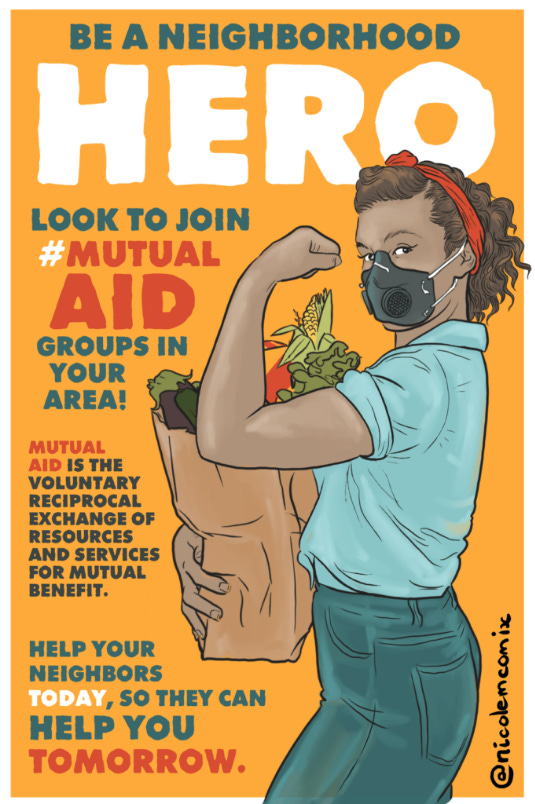
What is happening?
Lake Alice was a psychiatric centre in Manawatū-Whanganui. In the 1970s many children and young people were abused there. The NZ government issued a written apology in 2001 to victims and has paid out $10.7 million in compensation to 183 former patients. In June this year the Royal Commission of Inquiry into Abuse in Care held an 11 day hearing into the practices of Selwyn Leeks and the Adolescent Unit.
Where can I read more?
A new seven-part podcast by Stuff and Popsock Media, with investigative journalist Aaron Smale, tells the story of those who survived The Lake.
What can I do to help?
You can listen to the podcast. It may not seem like much but bearing witness matters. Bearing witness is a way to ensure we as a society understand what has happened and it allows us to put our efforts into ensuring it doesn’t happen again. It forces us to actively call for accountability. It gives respect to victims who have been actively silenced.
As Aaron Smale says: “…Lake Alice is not in the past because those who entered its gates will carry the trauma they experienced there until their dying day. It is ever present with no end in sight. Not only that, their children and even grandchildren also live with the damage caused to their parents and grandparents, whether it is spoken of or not. Part of that curse is that what happened at Lake Alice has never been fully acknowledged by the entity that caused the harm in the first place – the state.”
“This podcast can’t rectify the wrongs of the past 50 years either. But it is a small attempt to break the silence and give survivors the dignity of being heard. Please listen.”
What is happening? In the last two years alone, New Zealanders have submitted 24 petitions to Parliament amassing over 400,000 signatures, all seeking funding for a broad spectrum of life-transforming or life-saving drugs. My son Eddie spoke at Select Committee about one of those petitions - to fund continuous glucose monitors. Nothing happened. Continuous glucose monitors, like so many life-saving drugs and technology, continues to be unfunded. Meaning only the wealthy in Aotearoa have access to them.
New Zealand sits at the bottom of the developed world for access to modern medicines. On average, an approved drug sits on the wait list for four years and seven months. Almost 100 medicines approved for funding by MedSafe are languishing on a waiting list including modern medicines to treat mental health, cancer, diabetes, cardiac conditions, rare disorders, Crohn’s disease and arthritis. New Zealand now sits at the bottom of the OECD for ‘per capita spend’ on medicines, behind countries like Latvia and Colombia.
The Medicine Gap is a new movement where people are sharing their stories about the drugs and tech that would save their lives if they were funded.
Where can I read more?
Petition to triple Pharmac's budget to be handed over to Parliament
Thousands call for Government to better fund diabetes monitoring devices
New Zealand's access to funded medicines 'well behind the rest of the world' - report
What can I do to help?
You can support the movement - The Medicine Gap and its supporters are calling on the Government to allocate another $400m this year to Pharmac so doctors can immediately access some of the 73 prioritised modern medicines on the waitlist. They’re also want a Medicine Strategy to outline how Aotearoa will respond to rapid developments in modern medicine and improve health outcomes for all New Zealanders. You can also share the stories of those who need life-saving drugs and technology.
What is happening? Christmas is coming and over 50,000 kiwi kids wake up on Christmas morning without presents and this year will be no different.
You can be a Christmas angel with the help of The Kindness Collective. This year the Collective is providing Christmas for kids and their whānau through three different projects. They are launching The Christmas Joy Store, hosting Christmas events for low decile schools and early childhood centres and providing Christmas for the MDM Women's Refuge, the largest independent Women's Refuge group in the country.
The Christmas Joy Store is one of the first of its kind in New Zealand, and is a social toy and food store that will operate for three weeks in December. The store will provide a shop-like experience providing parents and caregivers the ability to shop for their children's gifts, free of charge. Being on the receiving end of a charity's donation can sometimes feel like a transaction and doesn't always provide people with mana, so the Joy Store is about giving dignity and choice, which everyone deserves. All up the Collective is aiming to provide presents, events, food and grocery vouchers for thousands of families and need help to get it done!
Where can I read more?
Read about the Christmas Joy Store
Read about the Christmas campaign for the Kindness Collective
What can I do to help? It’s super easy and you have three options. You can buy toys for kids, be matched with a child to buy a present for or donate food and grocery vouchers for, or you can simply donate to the Kindness Collective.
If you like you can also get your business involved by setting up a Giving Tree and encouraging your colleagues, suppliers and customers to donate Christmas presents. Get in touch on christmas@kindness.co.nz.
Thanks for reading and sharing and for your generosity! Please let me know if you have a cause or charity you want to highlight in the next edition of The Call.
Love Em x




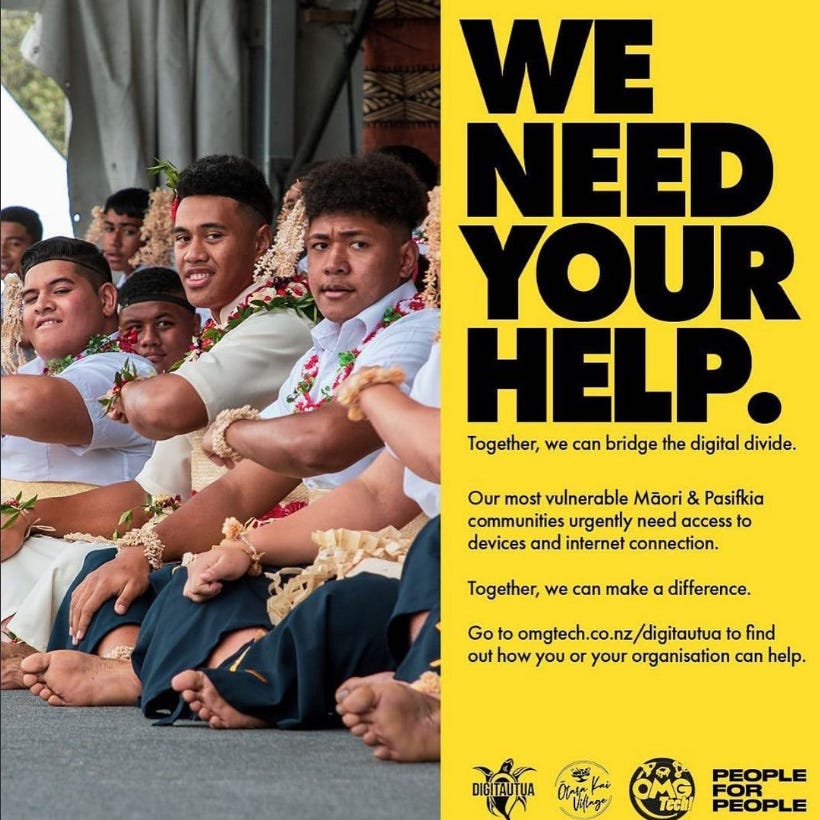
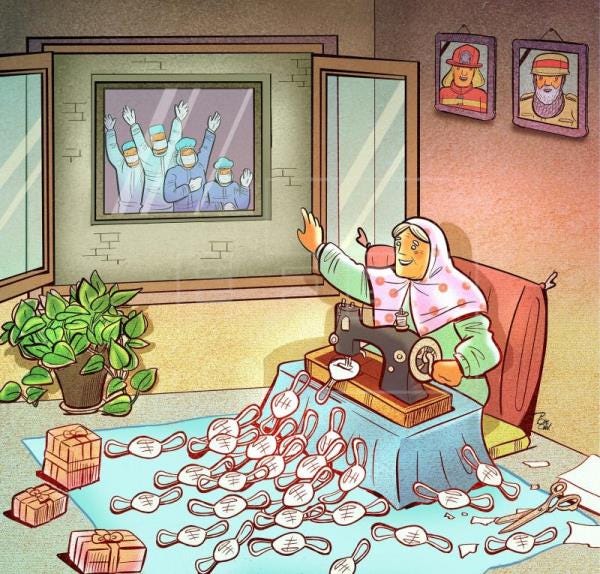
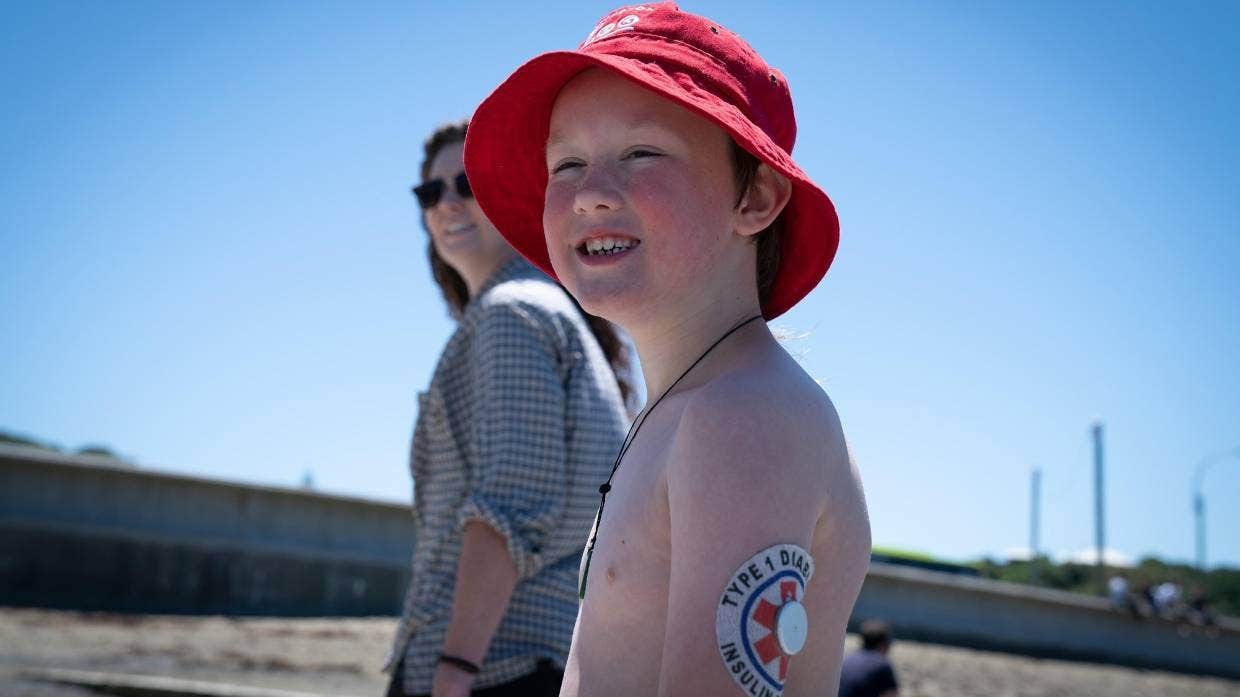
Hey Emily it would be amazing if you could Include https://www.sangumafilm.com in your next issue - an impact campaign helping women accused of witchcraft in Papua New Guinea. Victims are tortured and often killed after being accused of sorcery! Donations here https://opencollective.com/everlynssafehouse/donate
Thanks for all this excellent research and info! Great to be able to get involved/contribute